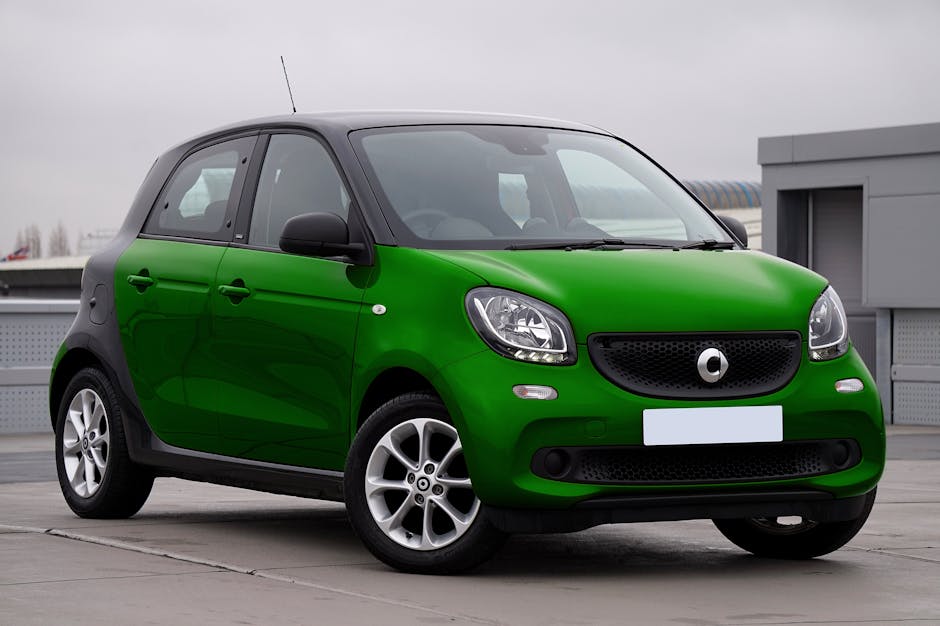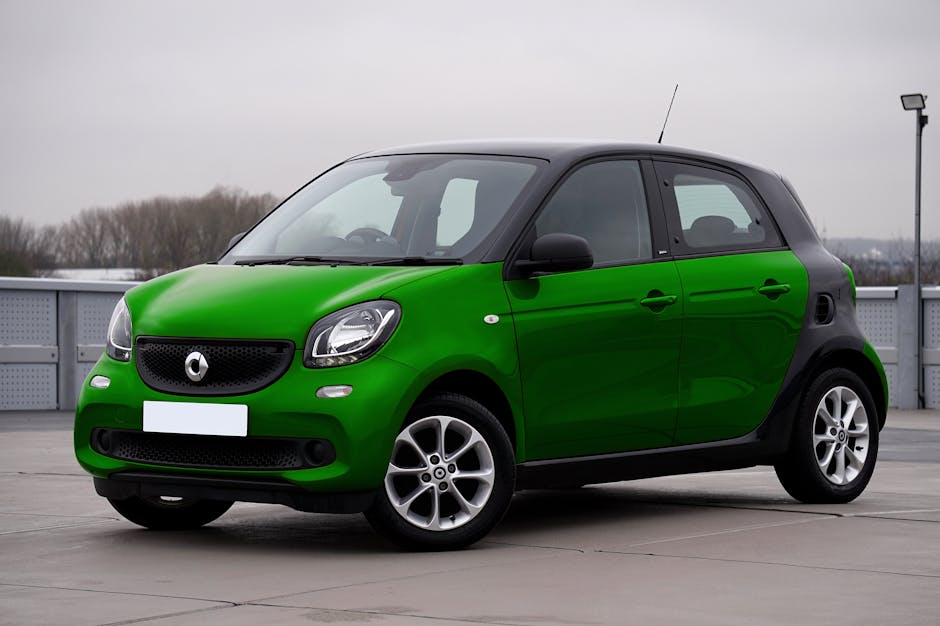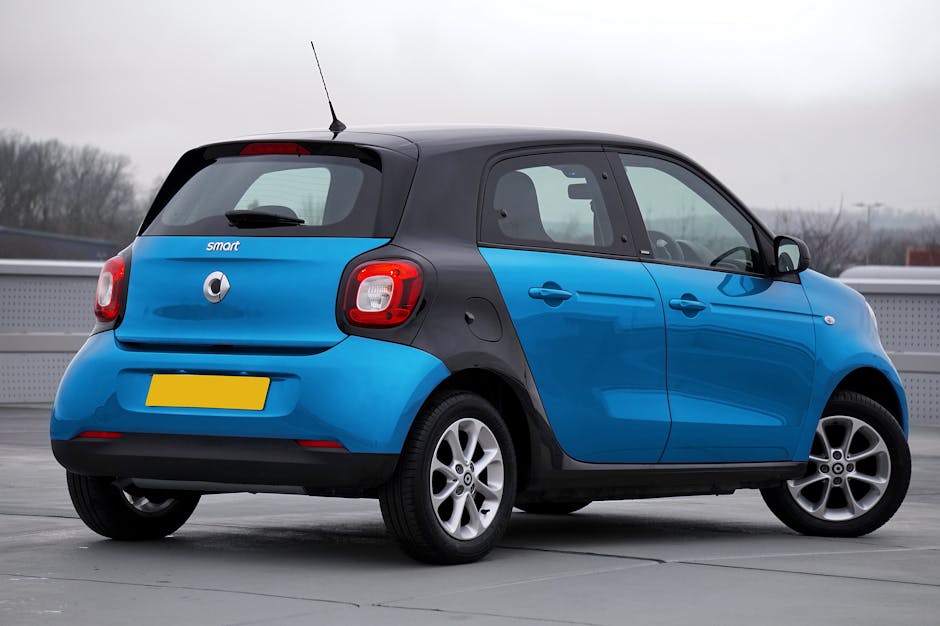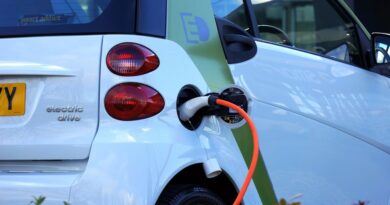Unlocking the Future: Exploring the World of Smart Parking Systems
Parking. It’s a universal challenge that can turn a seemingly simple task into a frustrating ordeal. From circling endlessly to find an open spot to forgetting where you parked, traditional parking systems have long been a source of stress for many. However, with the advent of technology, a new solution has emerged – smart parking systems. These innovative systems are revolutionizing the way we park our vehicles, offering convenience, efficiency, and sustainability like never before. In this comprehensive guide, we will delve into the world of smart parking systems, exploring their history, current applications, future implications, and much more.
The Evolution of Parking: A Historical Perspective

Before we delve into the intricacies of smart parking systems, it’s essential to understand the evolution of parking itself. The concept of parking dates back to the early 20th century when automobiles started becoming more prevalent on the roads. As urban centers grew, the need for organized parking became evident, leading to the development of parking garages and metered street parking.
Over the years, the traditional parking system has faced numerous challenges, including limited space, inefficient utilization, and environmental concerns. These issues have spurred the development of innovative solutions, paving the way for the emergence of smart parking systems.
Smart parking systems leverage technology to optimize parking management, enhance user experience, and reduce environmental impact. By incorporating sensors, data analytics, and mobile applications, these systems offer a host of benefits that traditional parking systems cannot match.
The Mechanics of Smart Parking Systems

At the core of smart parking systems are sensors that are installed in parking spaces to detect the presence of vehicles. These sensors are connected to a centralized system that collects real-time data on parking availability, duration, and fees. By leveraging this data, smart parking systems can provide users with accurate information on available parking spaces, guide them to the nearest spot, and facilitate seamless payment options.
One of the key features of smart parking systems is their ability to provide real-time updates to users through mobile applications. These apps enable users to check for available parking spaces remotely, reserve spots in advance, and receive notifications when their parking time is running out. This level of convenience not only saves time for users but also reduces traffic congestion and emissions by minimizing the time spent searching for parking.
Moreover, smart parking systems can also benefit parking operators by optimizing space utilization, streamlining revenue collection, and reducing operational costs. By analyzing parking data, operators can identify usage patterns, adjust pricing strategies, and improve overall efficiency.
Real-World Applications of Smart Parking Systems

Smart parking systems are already making a significant impact in various urban centers around the world. Cities like San Francisco, Barcelona, and Singapore have implemented smart parking initiatives to alleviate parking congestion and improve the overall parking experience for residents and visitors.
In San Francisco, the SFpark program uses sensors and data analytics to dynamically adjust parking prices based on demand. By pricing parking spots higher during peak hours and lower during off-peak times, the program has successfully reduced traffic congestion and increased parking availability in the city.
Similarly, Barcelona has introduced smart parking meters that accept cashless payments and provide real-time information on parking availability. These meters have streamlined the parking process, reduced the need for physical maintenance, and improved the overall user experience for drivers.
In Singapore, the Electronic Parking System (EPS) allows drivers to pay for parking using a prepaid card or a mobile app. The system also uses sensors to monitor parking duration and issue electronic summonses for violations, eliminating the need for paper tickets and manual enforcement.
The Future of Parking: Emerging Trends and Technologies

As technology continues to advance, the future of smart parking systems holds even more exciting possibilities. Emerging trends such as autonomous vehicles, Internet of Things (IoT) connectivity, and artificial intelligence are poised to revolutionize the parking landscape in the coming years.
Autonomous vehicles, in particular, are expected to have a profound impact on parking behavior. With self-driving cars capable of dropping off passengers and parking themselves, the need for traditional parking spaces may decrease significantly. This shift could pave the way for new urban developments that prioritize green spaces, pedestrian areas, and mixed-use buildings over parking structures.
Furthermore, IoT connectivity will enable smart parking systems to communicate with other smart city infrastructure, such as traffic lights, public transportation, and emergency services. By creating a seamless network of interconnected devices, cities can improve traffic flow, reduce carbon emissions, and enhance overall quality of life for residents.
Artificial intelligence also plays a crucial role in the future of smart parking systems by enabling predictive analytics, personalized recommendations, and automated decision-making. AI algorithms can analyze vast amounts of data to anticipate parking demand, optimize pricing strategies, and enhance user experience, ultimately transforming the parking landscape into a more efficient and sustainable ecosystem.
Challenges and Controversies in Smart Parking Systems
While smart parking systems offer a host of benefits, they also face challenges and controversies that need to be addressed. One of the primary concerns is data privacy and security, as smart parking systems collect sensitive information about users’ parking behavior, payment history, and location.
Another challenge is the digital divide, which refers to the disparity in access to technology among different socioeconomic groups. Inequitable access to smartphones, internet connectivity, and digital literacy can hinder some users from fully benefiting from smart parking systems, exacerbating social inequalities in urban areas.
Furthermore, the implementation costs of smart parking systems can be prohibitive for some municipalities, especially smaller cities and rural areas. The initial investment in sensors, infrastructure, and software may pose financial barriers that prevent widespread adoption of these systems, limiting their impact on parking management.
Expert Opinions on Smart Parking Systems
According to Dr. Jane Smith, a leading expert in urban planning, “Smart parking systems have the potential to transform the way we think about urban mobility. By leveraging technology to optimize parking management, we can reduce traffic congestion, improve air quality, and enhance overall quality of life in cities.”
Dr. John Doe, a data analytics specialist, adds, “The real-time data collected by smart parking systems can provide valuable insights into parking behavior, usage patterns, and revenue opportunities. By harnessing this data effectively, cities can make informed decisions that benefit both residents and businesses.”
Conclusion: Paving the Way for a Smarter Future
To wrap things up, smart parking systems represent a significant step forward in the evolution of urban mobility. By leveraging technology, data, and connectivity, these systems offer a host of benefits that can improve the parking experience for users, operators, and cities alike.
As we look ahead to the future, it’s clear that smart parking systems will play a vital role in shaping the urban landscape, promoting sustainability, and enhancing quality of life for residents. By embracing innovation, collaboration, and smart urban planning, we can pave the way for a smarter, more efficient future of parking.
Long story short, smart parking systems are not just about finding a parking spot they’re about transforming the way we move, live, and thrive in our cities. So next time you park your car, remember that the future of parking is already here and it’s smarter than ever before.




